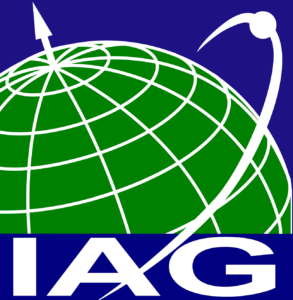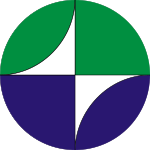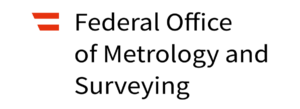JSG T.48 Theoretical Foundations of Machine and Deep Learning in Geodesy
Chair: Lotfi Massarweh (The Netherlands)
Vice-Chair: Mostafa Kiani Shahvandi (Switzerland)
Affiliations: Commissions 2,3,4, GGOS (AI4G)
Terms of Reference
The new Joint Study Group is dedicated to a rigorous investigation of Artificial Intelligence/ Machine Learning state-of-the-art techniques in the context of current and/or future geodetic applications.
The adoption of Machine Learning (ML) in various domains of Geodesy has become more popular in the past decade. In particular, the rise of Deep Learning (DL) techniques has further increased the adoption of Artificial Intelligence (AI) methods for tackling several complex problems. This widespread use has become possible by a greater availability of computing power, but it has also been motivated by the vast amount of geodetic data that is currently accessible. The latter not only concerns fields such as the Global Navigation Satellite System (GNSS) and Interferometric Synthetic Aperture Radar (InSAR), but also the Doppler Orbitography and Radio-positioning Integrated by Satellite (DORIS), Very Long Baseline Interferometry (VLBI) and Satellite Laser Ranging (SLR) data. However, most of research works still focus on applying promising AI/ML algorithms as a black box system, which is viewed in terms of its inputs/outputs without any knowledge of its internal processing or any clear ‘uncertainty quantification’ of the solutions.
However, the lack of ‘explainability’ might hinder the accurate analysis of real-world problems and thus, one of the goals of the study group is to address this problem. A second issue is related to the ‘reproducibility’ of results, a fundamental aspect of the scientific method for real-world datasets. Often, AI/ML algorithms fail in achieving outcomes that can easily be reproduced by others and therefore, a part of the joint study will be devoted to this aspect.
One of the primary goals of this Joint Study Group is to identify machine learning use cases in Geodesy, as well as best practices, methods, and algorithms when applying machine learning to geodetic data. In particular, the group focuses on addressing – from a theoretical viewpoint – both ‘explainability’ and ‘reproducibility’ aspects in scientific research. This will include methodologies for better understanding underlying assumptions of each model, while also providing a clear quantification of the uncertainty of AI/ML outcomes. In this way, we aim at enhancing the reliability of algorithms and methods, while combining these ones with known physical models and well-established geodetic theories. We recognize the great potential of this AI/ML revolution in Geodesy, whereas a more rigorous theoretical approach is still necessary to fully integrate such novel techniques into the current body of knowledge.
Objectives
• To rigorously investigate, from a theoretical perspective, both methods and assumptions related to machine learning algorithms in different areas of Geodesy.
• To provide a better quantification of the uncertainty for ML/DL techniques, including a more comprehensive statistical description of the solutions.
• To address the problems of ‘explainability’ and ‘reproducibility’ in machine learning methods, bridging the gap with traditional data analysis approaches.
• To closely collaborate with the GGOS Focus Area ‘AI4G (Artificial Intelligence for Geodesy)’ in order to identify open problems in the processing and generation of geodetic products, and therefore including the potential issues of reliability.
• To develop best practices in the adoption of ML/DL techniques, meanwhile further consolidating a standardized terminology for the geodetic community.
Program of Activities
The Joint Study Group will achieve its objectives through:
• To create a web page about machine learning in geodesy, thus providing technical information and raising awareness about the topic in our community. This page will include:
– an inventory of AI/ML algorithms and their methodology;
– benchmark datasets to test the performance of AI/ML solutions,
– a comprehensive record of all previous activities/publications related to machine learning and deep learning in geodesy,
– a description of key activities performed by the JSG members
• To work toward a comprehensive literature review paper about machine learning in geodesy coauthored by the JSG members, while also addressing traditional data analysis approaches.
• To promote sessions and presentation of the research results at international scientific assemblies (IAG/IUGG, EGU, AGU), technique-specific meetings (IGS, IVS, ILRS, IDS) and the next Hotine-Marussi Symposium in 2026.
• To enhance collaborations with GGOS “AI4G”, along with IAG Commissions.
Members
Lotfi Massarweh (The Netherlands), chair
Mostafa Kiani Shahvandi (Switzerland), vice-Chair
Michela Ravanelli (Italy)
Kyriakos Balidakis (Germany)
Alireza Amiri-Simkooei (The Netherlands)
Junyang Gou (Switzerland)
Andrea Nardin (Italy)
Mohammad Mahdi Kariminejad (Iran)
Amir Khodabandeh (Australia)



